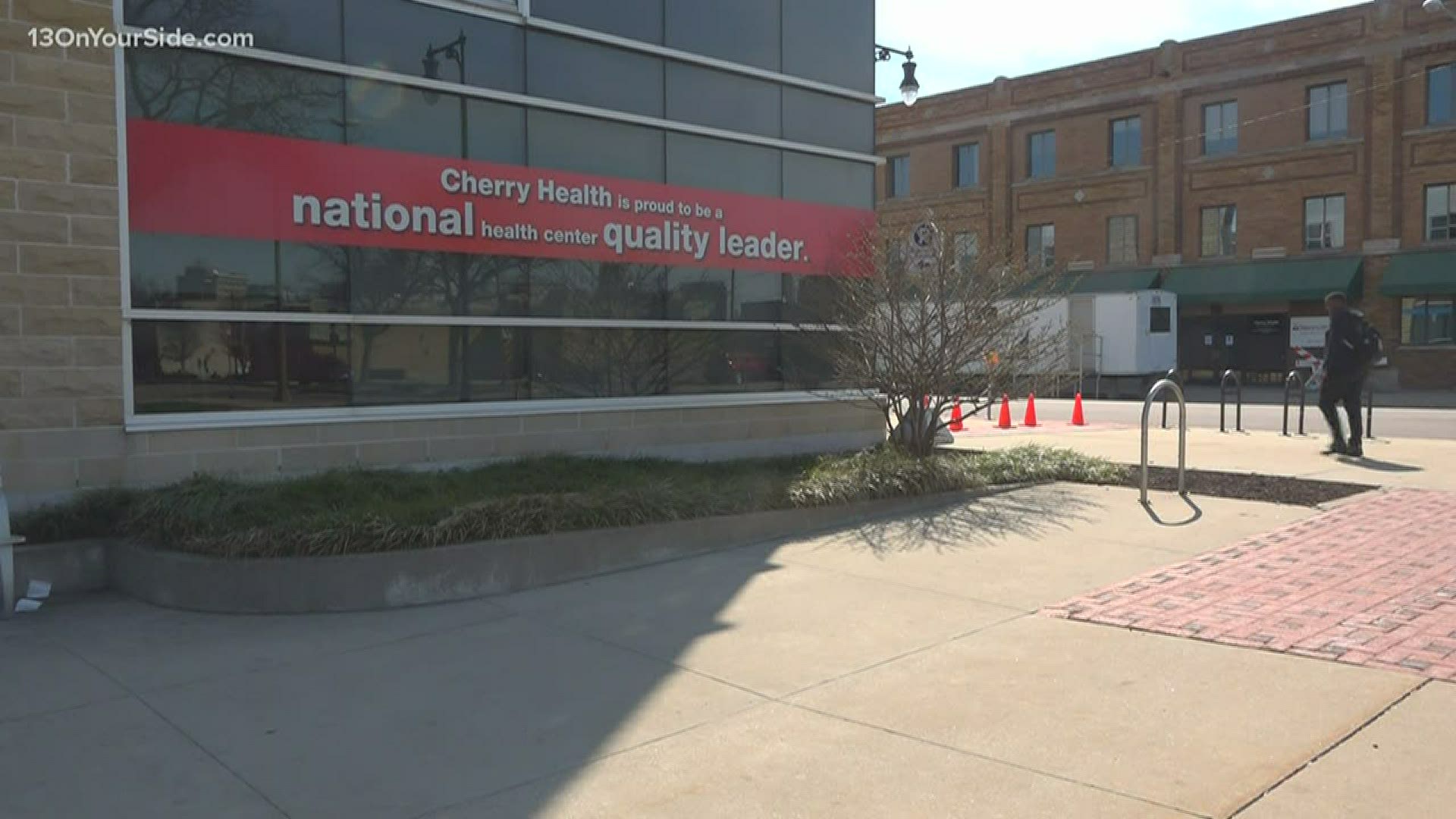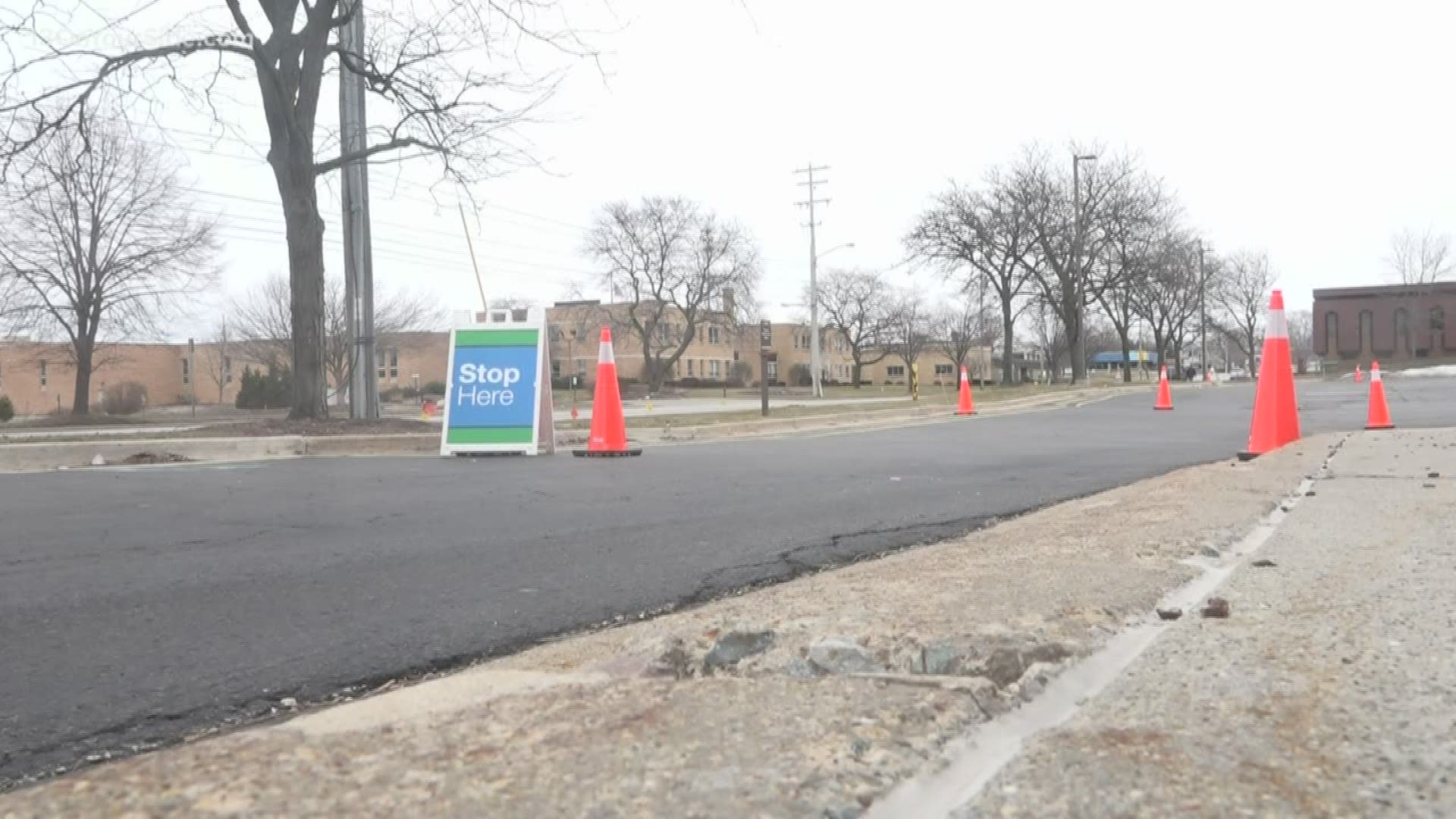GRAND RAPIDS, Mich. — Cherry Health is the location of one of several new drive-thru COVID-19 testing sites that are opening around the state of Michigan.
The Michigan Department of Health and Human Services is partnering with 12 other community health centers in the state to expand testing.
“As the state’s largest group of community health centers, Cherry Health is committed to providing all individuals in our community access to the health services, regardless of race, income or insurance status,” said Tasha Blackmon, Cherry Health’s CEO.
Cherry Health has been providing testing to some of the most vulnerable, at risk individuals within the community. But due to limited resources, testing could not be offered widely.
However with the announcement of additional testing sites and the help of a Grand Rapids lab that will process more than 3,000 tests a day, COVID-19 testing will be more accessible, the state says.
“We are grateful to state leaders and health officials, and the many organizations and individuals who have stepped up to provide these much-needed resources for the courageous warriors fighting this pandemic on the front lines,” Blackmon said. “In these unsettling times, it is more important than ever to work together as one community.”
If people are experiencing COVID-19 symptoms, they should call the Cherry Health COVID-19 hotline at (616) 965-8347 for screening. If cleared for testing, a triage nurse will provide instructions on how to access the drive-thru testing. Individuals who have not been screened will not be able to be tested.
Here's what Michigan's testing criteria includes:
- Hospitalized patients.
- Symptomatic healthcare workers.
- Patients in congregate facilities with symptoms, including those at:
- Long-term care or elderly living facilities.
- Jails or prisons.
- Homeless shelters.
- Residential foster care facilities.
- Other group living settings.
- Patients age 65 and older with symptoms.
- Patients with underlying conditions with symptoms.
- First responders with symptoms.
- Critical infrastructure workers with symptoms.
More stories on 13 ON YOUR SIDE:
RELATED VIDEO:
►Make it easy to keep up to date with more stories like this. Download the 13 ON YOUR SIDE app now.
Have a news tip? Email news@13onyourside.com, visit our Facebook page or Twitter. Subscribe to our YouTube channel.


